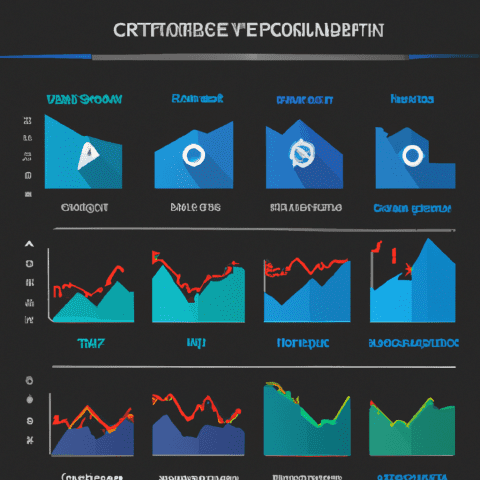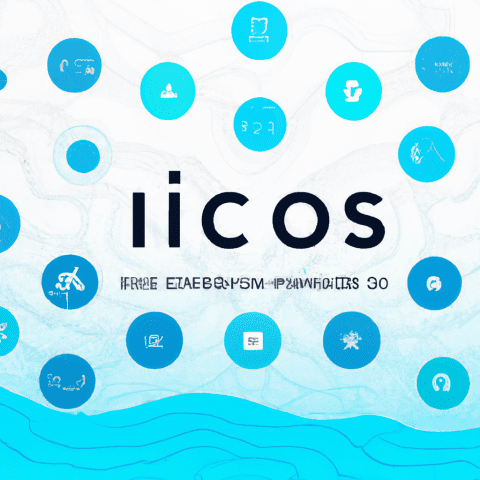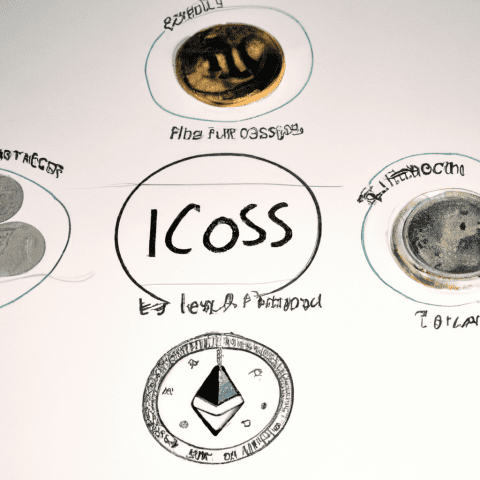In the fast-paced world of cryptocurrency, Initial Coin Offerings (ICOs) and Initial Exchange Offerings (IEOs) have become popular methods for blockchain startups to raise funds. Both ICOs and IEOs offer investors the opportunity to get in on the ground floor of exciting new projects, but there are key differences between the two that can impact their success. In this article, we will explore the distinctions between ICOs and IEOs, highlight the top ICOs and IEOs to watch in 2021, provide updates and trends in the latest ICO and IEO news, offer guidance on navigating the world of initial coin offerings and exchange offerings, discuss what to expect in the upcoming ICOs and IEOs, and provide a beginner's guide on how to get started with ICOs and IEOs. Stay informed on the latest ICO and IEO developments and trends in the crypto market with our comprehensive guide.
1. "Exploring the Differences Between ICOs and IEOs"
Initial Coin Offerings (ICOs) and Initial Exchange Offerings (IEOs) are both methods of raising funds for blockchain projects, but there are key differences between the two.
ICOs involve a company creating a new token and selling it to investors in exchange for funding. These tokens are typically sold directly to investors through the company's website or a third-party platform. On the other hand, IEOs involve a company partnering with a cryptocurrency exchange to sell its tokens directly to investors on the exchange's platform. This can provide more credibility to the project, as the exchange has already vetted the project before listing it for sale.
One of the main advantages of IEOs over ICOs is the level of security they provide for investors. Since the exchange is responsible for conducting due diligence on the project before listing it, investors can have more confidence that the project is legitimate. Additionally, IEOs often have a larger pool of potential investors, as they are able to tap into the exchange's existing user base.
On the other hand, ICOs offer more flexibility and control for the project team. Companies conducting an ICO have more freedom to set their own terms and conditions for the token sale, whereas IEOs are more standardized and require approval from the exchange.
Overall, both ICOs and IEOs have their own advantages and disadvantages, and the choice between the two will depend on the specific needs and goals of the project. As the cryptocurrency industry continues to evolve, it will be interesting to see how these fundraising methods continue to develop. Stay tuned for the latest ICO and IEO news to stay informed about the top upcoming projects in the space.















